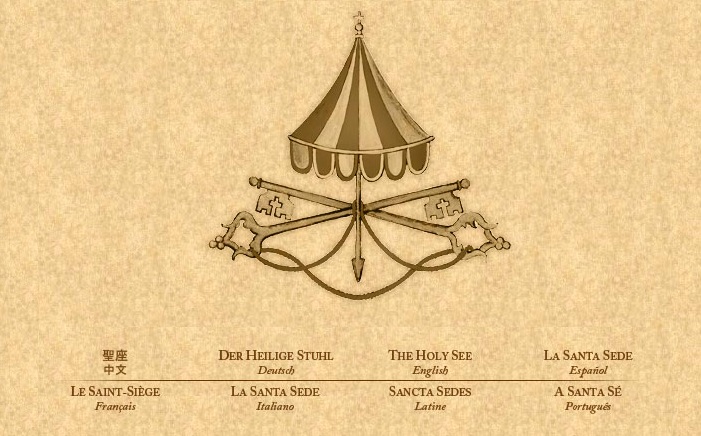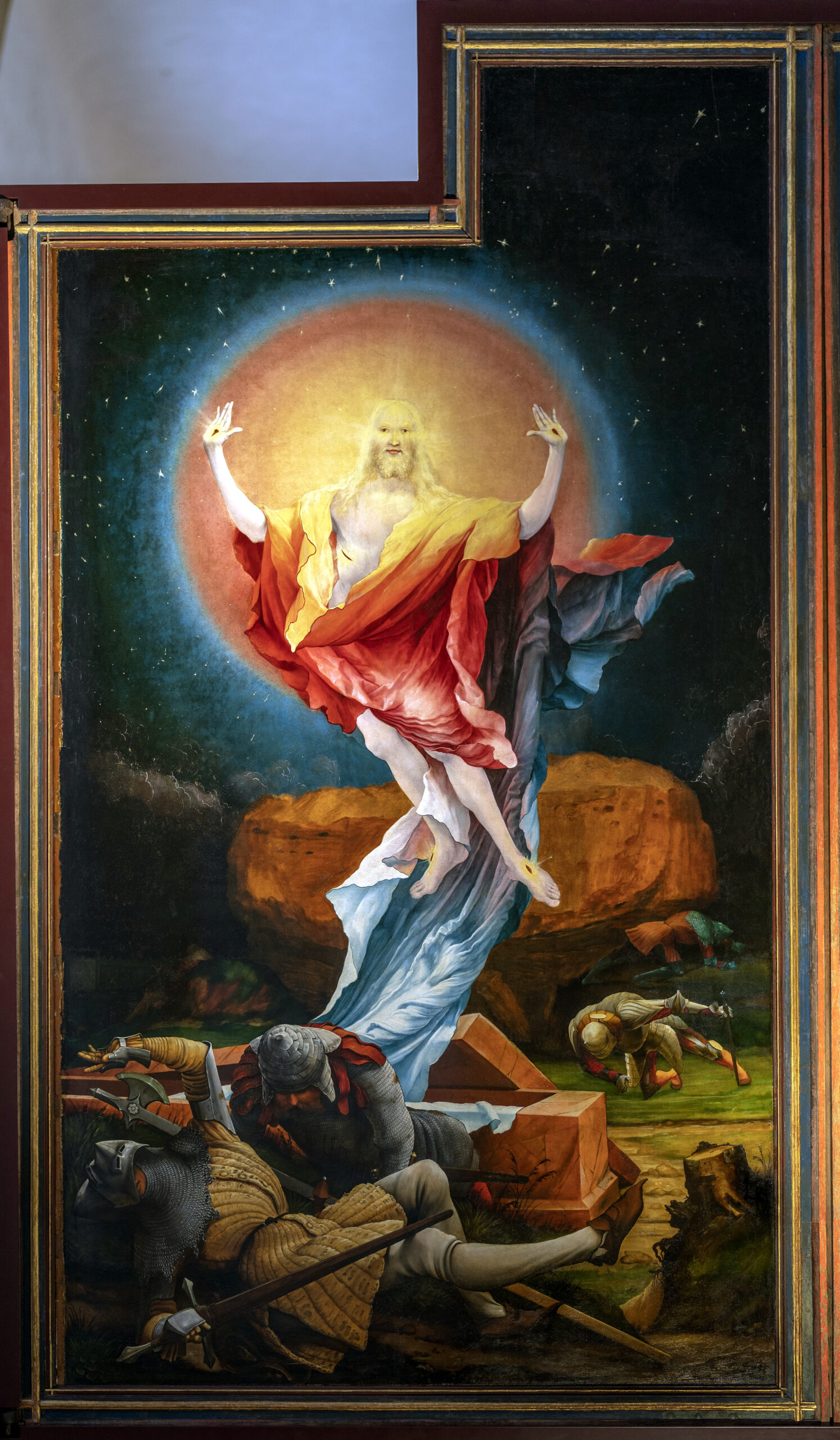Your Eminences:
In publishing this statement, we do not wish to take upon ourselves tasks to which we have not been called by God. Rather, we simply wish to offer, out of love for the Church and according to our lights, some suggestions that may be helpful to those who have received the awesome responsibility of governing Christ’s flock. This we do, moreover, on the traditional feast of St. Catherine of Siena, a laywoman who was a light to the Church in her time, and reminds us of the need to speak with boldness or parrhesia, as befits disciples of the one Master.
The authors recognise that “in vast areas of the world, the faith is in danger of dying out like a flame which no longer has fuel” (Benedict XVI, Letter to Bishops), while errors and deviations abound within the Church; and they hope that the proposals here set forth constitute a timely call to metanoia.
With the assurance of our fervent prayers to the Holy Ghost for the College of Cardinals especially in the upcoming Conclave, we humbly ask your prayerful consideration of the content that follows.




































